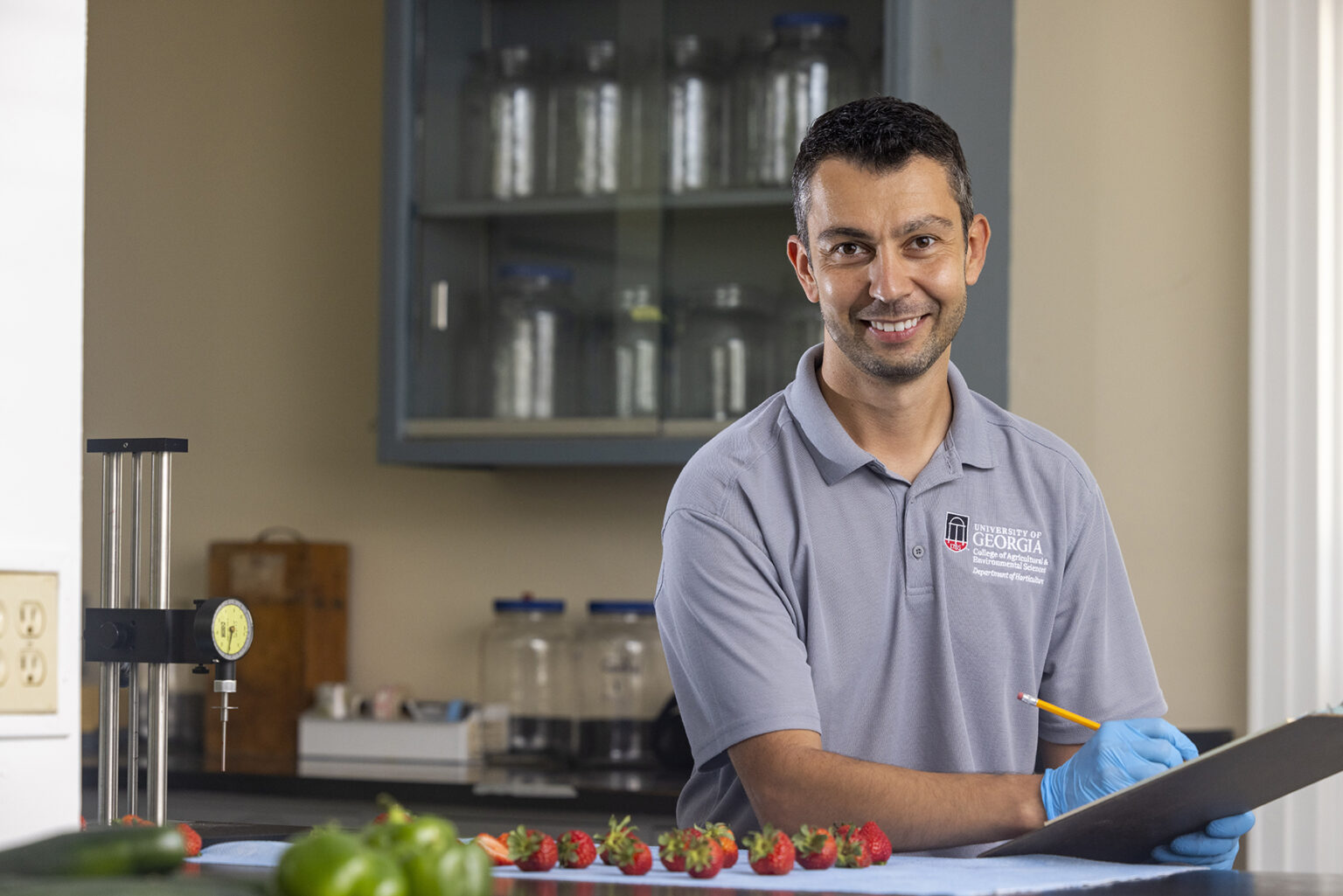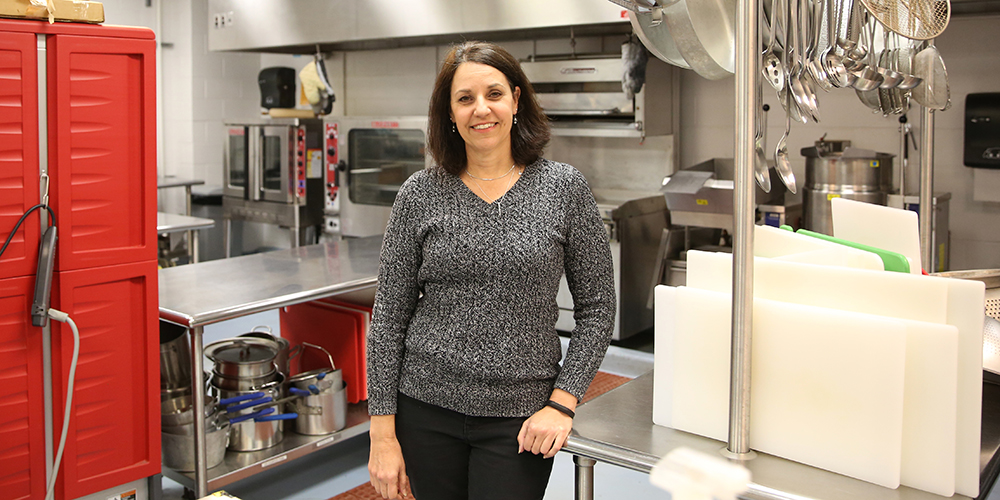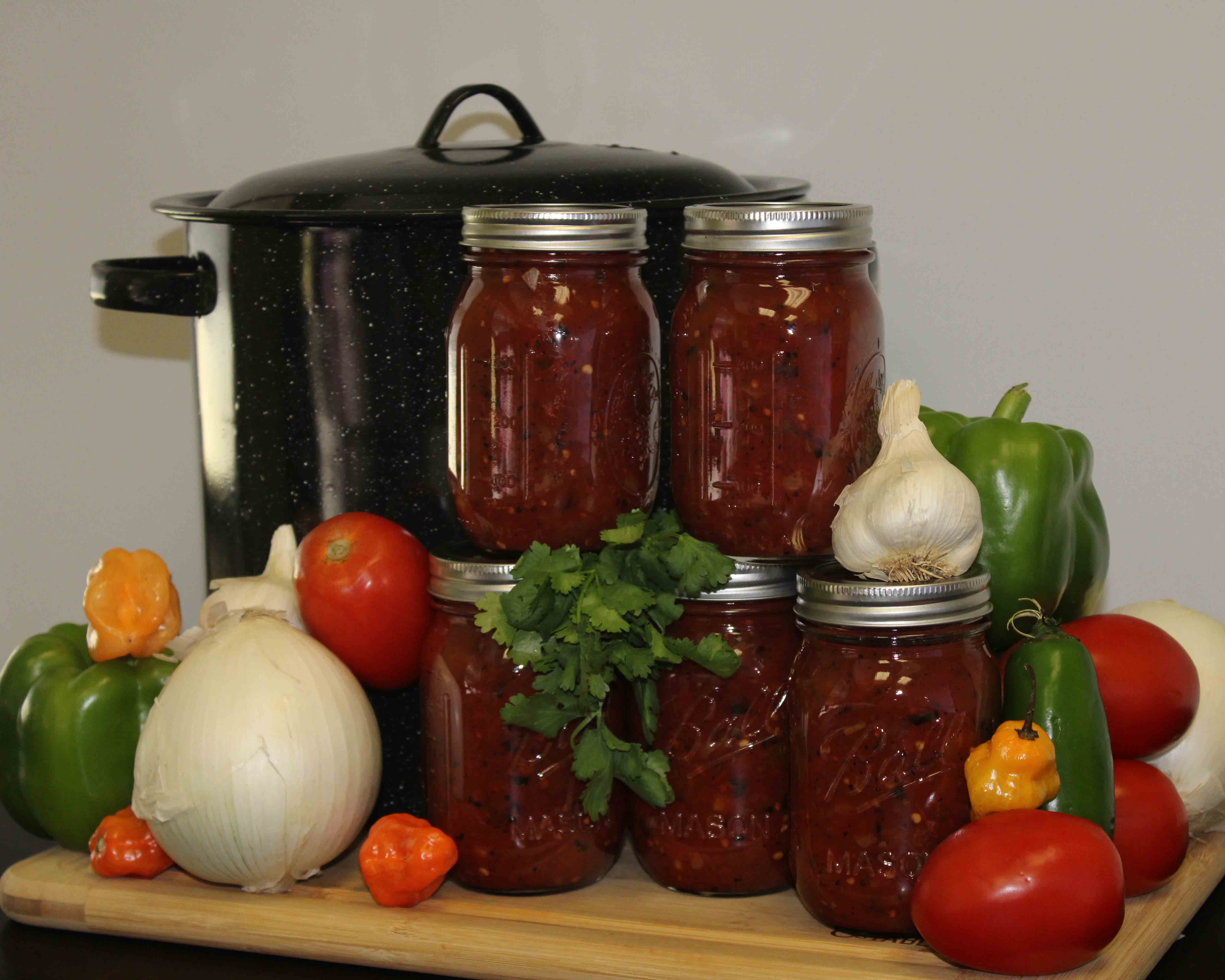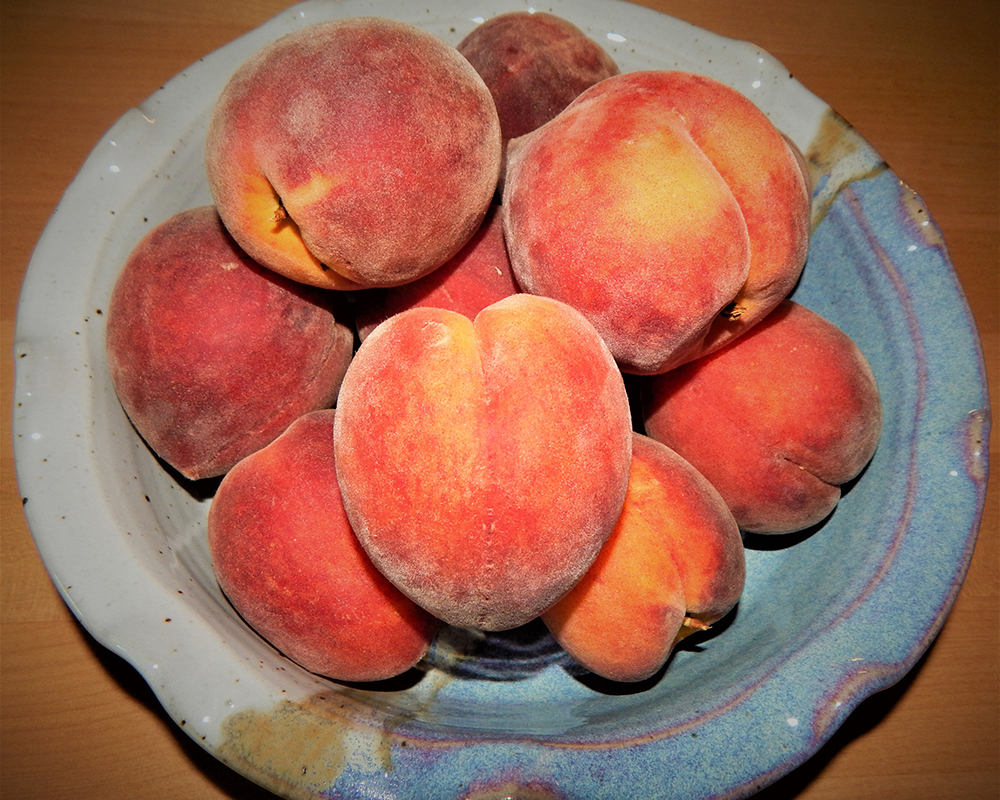 CAES News
CAES News
Fighting Food Waste
“Use by,” “Sell by” and “Best by” dates on food packaging can be helpful indicators of how long a consumer can store a food item before eating, but often these dates lead to high quantities of wasted food. About one-fifth of food produced for human consumption is discarded before it can be eaten, equating to 1 billion meals a day and contributing to global food insecurity.

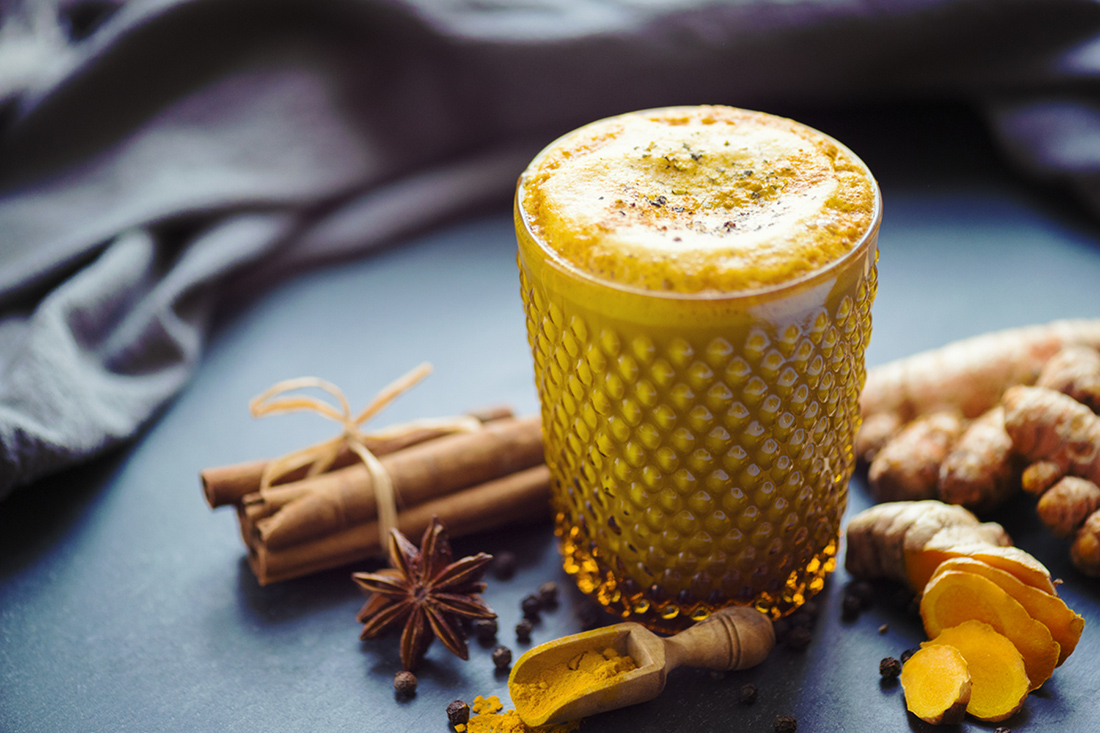
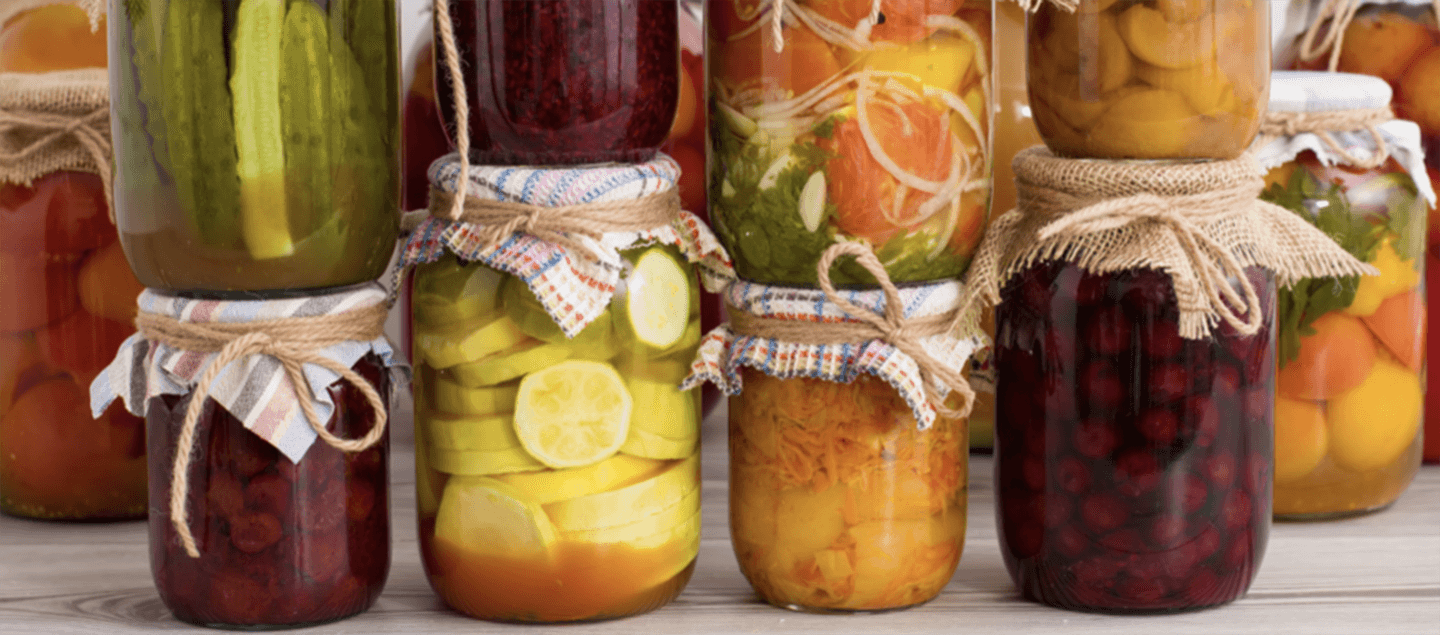

.jpg)
